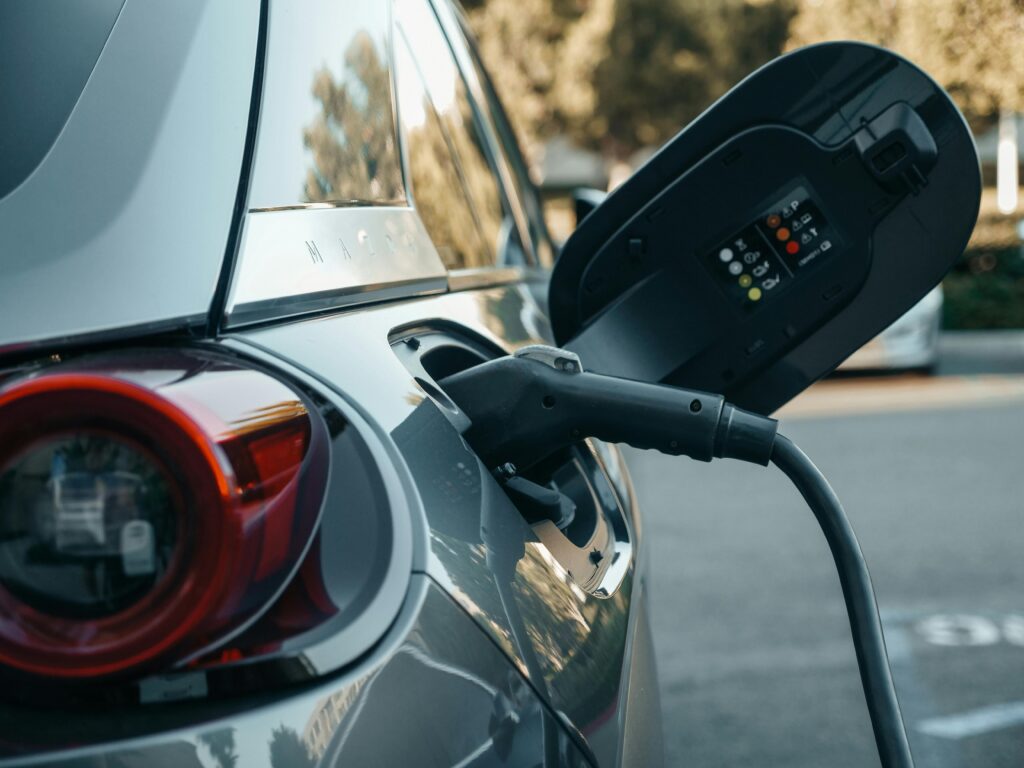Electric vehicles (EVs) are transforming the automotive industry rapidly. With tech-forward brands like Tesla, Rivian, and Lucid gaining traction, more Californians are opting for electric vehicles. But as with any vehicle, problems can arise. If your EV starts showing severe defects, you may wonder: Does lemon law cover EVs in California?
The answer is yes. Electric vehicles are covered under California’s Lemon Law, just like gas-powered cars. But because EVs come with unique components and software systems, it’s important to understand how the law applies.
California Lemon Law and Electric Vehicles
Under the Song-Beverly Consumer Warranty Act (California Lemon Law), electric vehicles are treated the same as traditional gas or diesel vehicles, as long as they meet certain conditions.
Here’s when EV lemon law coverage applies:
- The vehicle was purchased or leased in California
- The manufacturer’s original warranty covers it
- The vehicle has a substantial defect that affects safety, use, or value.
- The manufacturer has had a reasonable number of attempts to repair the issue.
If all of the above apply, your EV may qualify as a lemon, entitling you to a buyback, replacement, or cash settlement.
What Counts as a “Substantial Defect” in an EV?
With electric vehicles, defects aren’t always mechanical in nature. Many involve software, battery performance, or charging systems. California Lemon Law doesn’t limit the type of defect, it just requires that the problem significantly affects the vehicle’s safety or usability.
Common EV lemon law issues include:
- Battery failure or rapid range loss
- Charging port malfunctions
- The vehicle randomly shuts down.
- Drive system errors
- Autopilot or ADAS failures
- Software glitches causing safety risks
- Inoperative infotainment or control systems
Whether the issue is digital or mechanical, it can still qualify under the California Electric Vehicle Lemon Law, as long as it’s under warranty and persistent.
EV Brands Frequently Named in Lemon Law Claims
Electric vehicles (EVs) are relatively new to the market, and not all manufacturers have fully developed the technology yet. Some brands have been named frequently in lemon law claims:
- Tesla – Known for Autopilot problems, touchscreen failures, phantom braking, and inconsistent build quality
- Chevrolet (Bolt EV) – Battery recalls due to fire risks
- Nissan (Leaf) – Battery degradation issues
- Lucid Motors – Early production issues and software bugs
- Rivian – Powertrain and fit-and-finish defects in initial deliveries
These brands aren’t automatically lemons, but they highlight the kinds of problems that EV owners have faced and taken legal action over.
How Many Repair Attempts Are Needed?
California Lemon Law requires that the manufacturer or dealership have had a reasonable number of opportunities to fix the defect.
That usually means:
- 2+ repair attempts for a serious safety defect
- 4+ repair attempts for other recurring issues
- Or, your vehicle has been in the shop for 30+ days total for warranty-related repairs.
If the problem persists after that, you can pursue a legal remedy under lemon law.
What Remedies Are Available for an EV Lemon?
If your electric vehicle qualifies as a lemon, the manufacturer must offer one of the following:
1. Buyback
The manufacturer refunds:
- Your down payment
- Monthly payments
- Registration and taxes
- Towing/rental costs due to the defect
(They can deduct for mileage used before the issue appeared.)
2. Replacement Vehicle
You get a new, similar EV with equivalent value and features. The manufacturer covers all associated costs (taxes, DMV fees, etc.).
3. Cash Settlement
In some cases, you may be offered a cash payout to keep the car and accept the defect, which is often used when the problem is annoying but not safety-related.
Do Used or Leased EVs Qualify?
Yes, if they’re still under the original manufacturer’s warranty at the time the defect occurs.
This includes:
- Certified Pre-Owned EVs
- Leased EVs (new or used, under warranty)
- Used EVs sold through dealerships with active warranties
Private party sales generally do not qualify, unless the manufacturer’s warranty is still active and transferable.
Why Lemon Law for EVs Is More Important Than Ever
Electric vehicles rely heavily on software and complex electrical systems. That means more things can go wrong, and more of those problems may be hard to fix. Many dealerships aren’t trained or equipped to handle EV repairs quickly or properly, leaving owners stuck for weeks or months.
California Lemon Law protects consumers from being trapped in this situation. If your EV keeps failing and repairs aren’t working, you have the right to a resolution.
What to Do If You Suspect Your EV Is a Lemon
- Document every repair visit – including dates, issues, and the work done.
Keep communication records, including emails, texts, and service advisor notes. - Check your warranty status – Make sure coverage is still active.
- Contact a lemon law attorney – The manufacturer pays your legal fees if you win.
How Seven Law Can Help
At Seven Law, we specialize in helping California consumers fight back against defective vehicle problems, including EVs. Whether you’re dealing with software bugs, charging failures, or battery issues, we’ll handle the legal side and push for the compensation you deserve.
Think Your EV Is a Lemon? Get a Free Case Review Today.
Don’t wait while your electric vehicle sits in the shop. If your EV is under warranty and keeps breaking down, you may be entitled to a full refund, replacement, or cash settlement.
Contact Seven Law today for a free case review.

